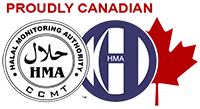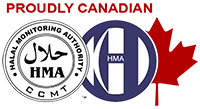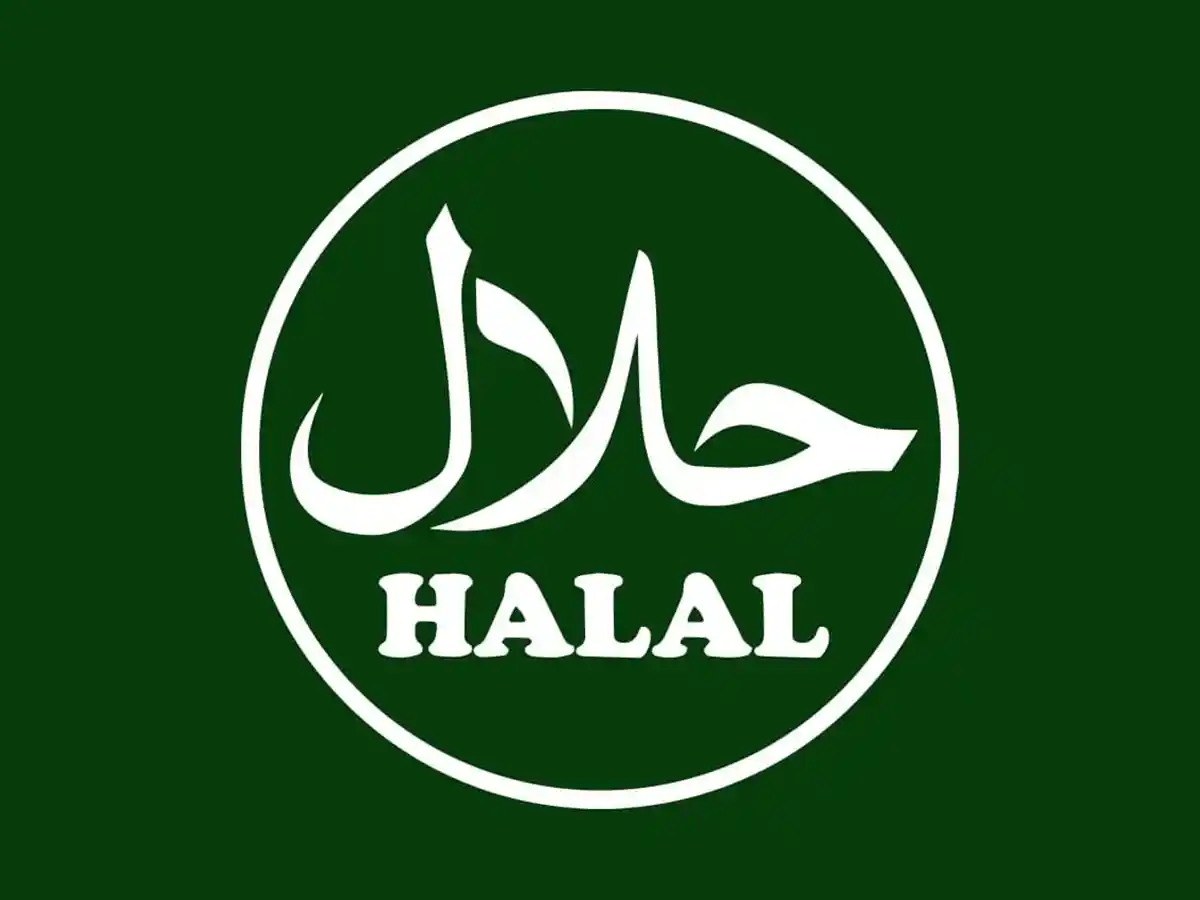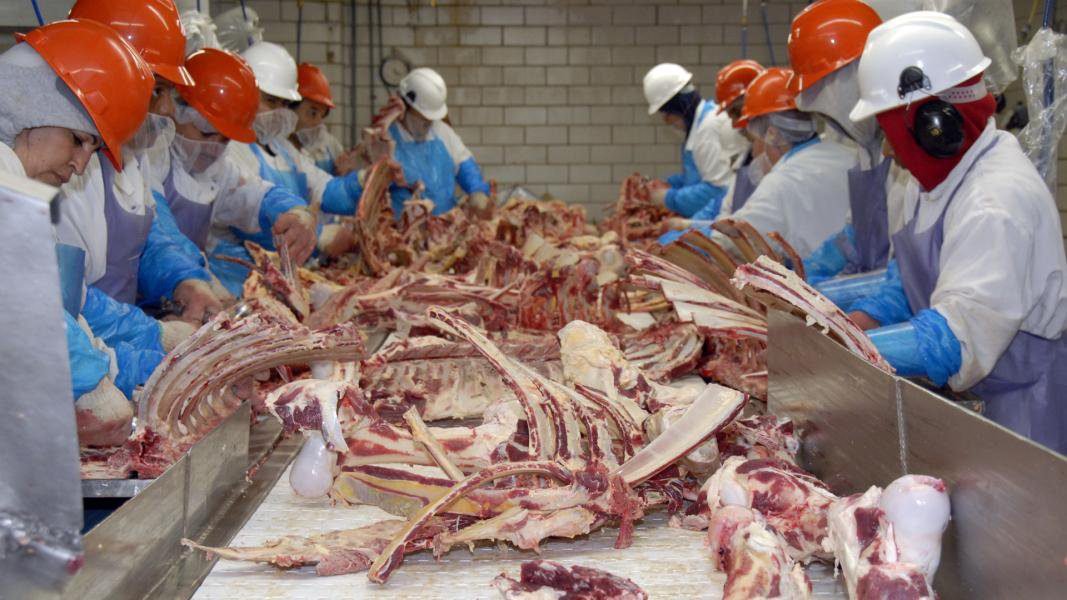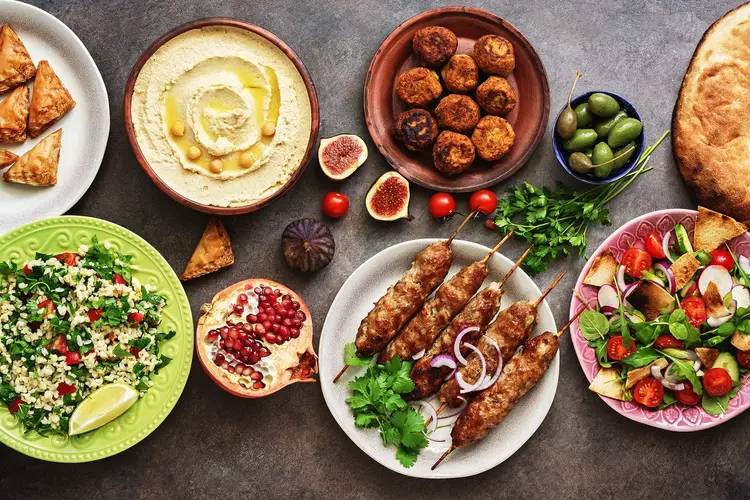Until recently, “halal” was only applied to meat sold at specialty corner stores. Today, we have a $3 trillion market with a product portfolio ranging from cosmetics to pharmaceuticals and international mega-companies jumping on the halal bandwagon in the hopes of striking gold. This is a significant improvement over the situation just five years ago. In the past, finding halal meant driving all over to find a grocer with one or two halal items for sale. Due to limited supply quantities at exorbitant pricing, Muslims were greatly inconvenienced and constrained. Those days, however, are a thing of the past. We are beginning to have our dietary demands more readily satisfied as halal certification matures and more businesses strive to be inclusive by catering to the halal-conscious consumer. In certain nations (particularly those with Muslim communities), finding halal food, especially halal meat in Toronto is still tricky.
To be categorized as “halal-certified,” a product must be free of prohibited substances and manufactured in a favorable facility to preserve the halal certification. Stumbling across a product with a halal-certified emblem always provides a breath of relief to Muslims living in Muslim-majority countries. To certify, many halal authorities are working in Canada like HALAL MONITORING AUTHORITY CANADA (HMA). The HMA Canada’s global journey begins with you. Members of our staff hail from diverse corners of the globe. In our own company, we have a small window into the globe, with a broad mix of cultures and abilities. Diversity is like a bouquet of various flowers. Understanding our consumers and their various needs allows us to provide them with the high-quality service they need. The HMA Canada global adventure began many years ago when there was a pressing demand for trustworthy halal certifiers. We’ve traveled the globe so far, and we’re looking forward to furthering our adventures in the future.
Halal-certified items are growing increasing appeal among non-Muslims, according to Vloreen Nity Mathew’s article on Acceptance of Halal Food and meat halal items among Non-Muslim Consumers. While “halal” is often associated with Muslim consumers, halal food enterprises have a lot of potential in the non-Muslim market, as “halal” encompasses more than religious principles and Muslim concerns. Halal also stands for cleanliness, hygiene, and healthy, high-quality food.
Let’s look at how and why halal certification is beneficial to a wide range of health-conscious consumers. Muslims follow Islamic dietary restrictions solely to obey God’s precepts. God states in Surah al-An’am:
“So, if you are believers in Allah’s verses, consume that (flesh) on which Allah’s name has been stated.” 6:118 (Quran)
When more businesses consider their Muslim customers and apply for halal certification, they move closer to inclusion. As a result, when businesses target their products at Muslims, the halal market expands, and the businesses involved profit.
Furthermore, the demand for halal-certified food-related items gives countries chances to participate in the global halal market. This, according to Borneo Post, would allow countries to build solid halal standards based on a well-researched economic ecosystem. The Halal Food & Beverage business is currently the largest market within the halal industry. Furthermore, Borneo Posts writes that the growing international demand for halal food provides countries with an opportunity to compete in the lucrative global halal market. This would allow countries to build solid halal standards based on a well-researched economic ecosystem. “Muslim and non-Muslim businesses have seized the opportunity around the world, and in certain cases, prominent halal food products are being created in non-Muslim countries such as Brazil, China, and others,” according to the research. The Islamic faith is at the basis of halal dietary rules. Non-Muslims, on the other hand, have misconceptions about what constitutes “halal.” They misunderstand the certification process and are ignorant of the upkeep of caring for livestock, monitoring slaughterhouses, auditing manufacturers, and scrutinizing all ingredients. Non-Muslim farmers have reported seeing an upsurge in demand for halal meat outside of their ordinary Muslim consumers, according to an article by Jean Hopfensperger.
Halal-certified items, according to research, have better cleanliness and quality control systems. In a world where e disease is rampant, making informed and healthy eating choices has never been more critical. “Halal beef is tastier and healthier than conventional meat,” Noah Robertson writes.
Because Muslims are taught to care for their bodies, what we eat is essential. As a result, halal meat must meet stringent quality and sanitation requirements. No animal shall be injected with extra growth hormones, antibiotics, chemicals, or animal by-products intended to fatten them as part of the quality check. To be halal-certified, farmers must also observe adequate cleanliness. Furthermore, the blood is completely drained from the meat to prevent bacteria from growing.
Because food is a basic human necessity, the halal market’s potential is even more significant. Even though people originate from various cultural and religious origins and hence have diverse perspectives and experiences with food, they can be unified in their variety. In today’s climate, rising health concerns encourage people to accept halal food adhering to sanitary and health guidelines. The halal-conscious consumer is more conscious of the value of their health, which influences their food consumption habits. We can rely on wholesome food devoid of forbidden animal by-products and improve our overall quality of life thanks to halal certification.
